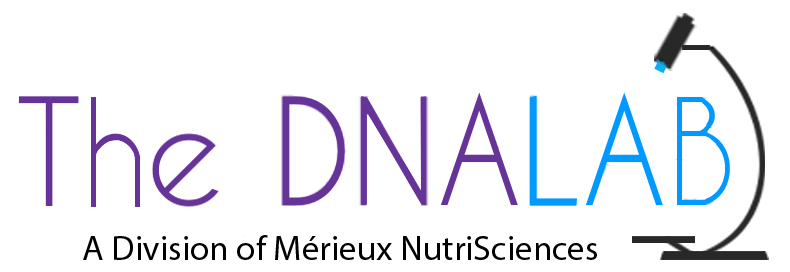What’s happening
Home DNA testing kits have exploded in popularity in recent years, to the point where they’ve become a common holiday gift. One estimate found suggests more than 26 million people have used one.
The appeal of these tests is obvious. Advances in science now make it possible to test a half million markers in the human genome to answer long-lingering questions about a person’s heritage and potentially identify risk of future health problems. Popular testing companies tout stories of customers who have discovered previously unknown roots, found family members they weren’t aware of or caught health problems early thanks to their results.
These stories make a potent case for taking a home DNA test yourself, or giving one to someone in your life. But there are many under-the-radar issues to consider before handing over your DNA.
Why there’s debate
Submitting a DNA test means putting the most personal information imaginable into a complicated and constantly changing marketplace that many customers may not fully understand.
The first thing to know is that the results may be entirely accurate. Testing companies do their best to track a sample’s geographic lineage, but their findings are better understood as estimates, rather than definitive truths. This is especially true for people with non-European ancestry. Doctors have advised against relying too heavily on health-related results because, even when accurately recorded, genetics is just one of a long list of factors that affect health.
Experts also warn that customers should be sure they’re prepared to handle results that can sometimes upend families or reveal upsetting medical news. There is also concern about where the DNA data goes after it has been submitted. Some testing companies share data with third parties, including law enforcement, pharmaceutical companies and insurance companies.
What’s next
Whether they’re aware of these concerns or not, it’s clear that more and more people are going to decide it’s worth it to take a home DNA test.
As the industry grows, the number of people who might need help dealing with the results is also increasing. The field of genetic counseling — comprising medical experts who advise patients on the findings from DNA tests — is expected to grow dramatically over the next few years. Many support groups have also emerged, helping connect people who have had their families turned upside down by unexpected test results.



